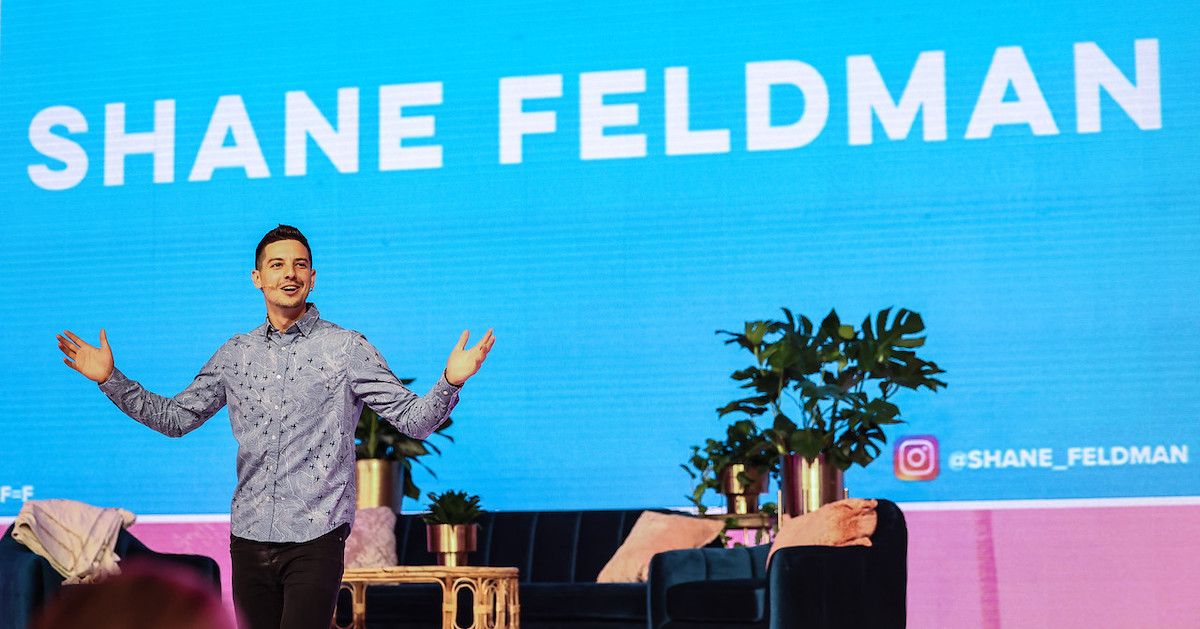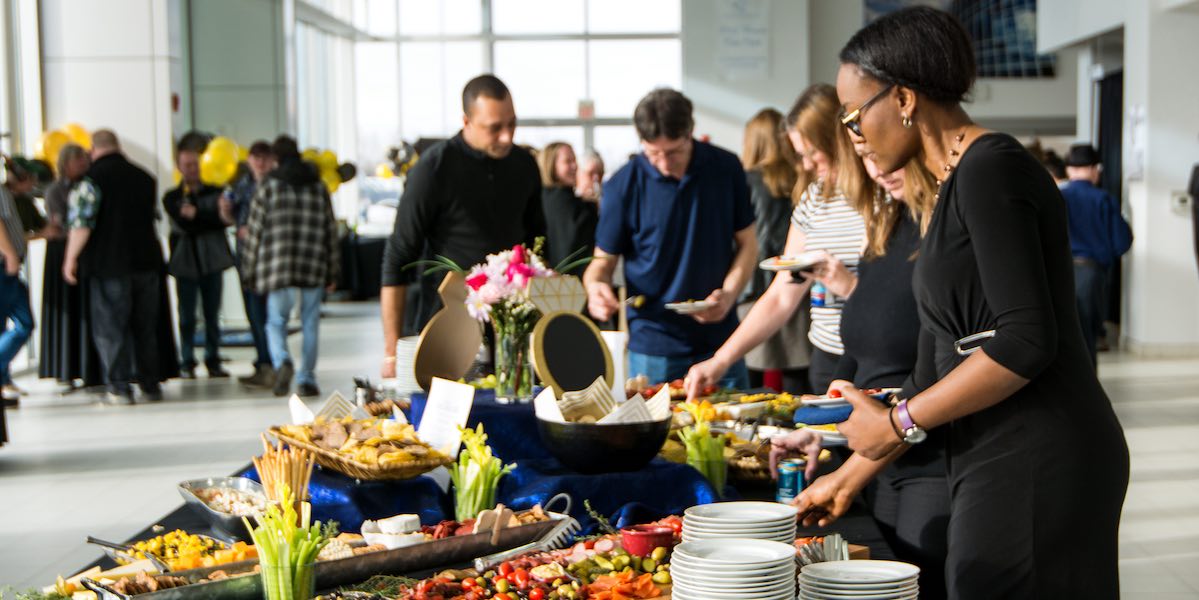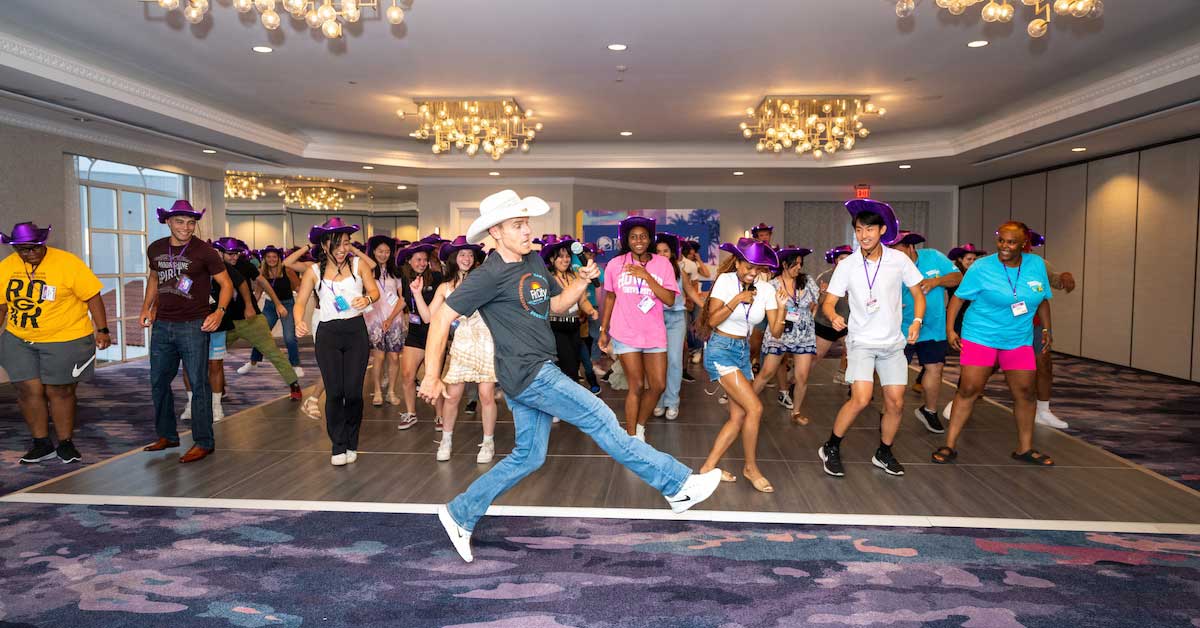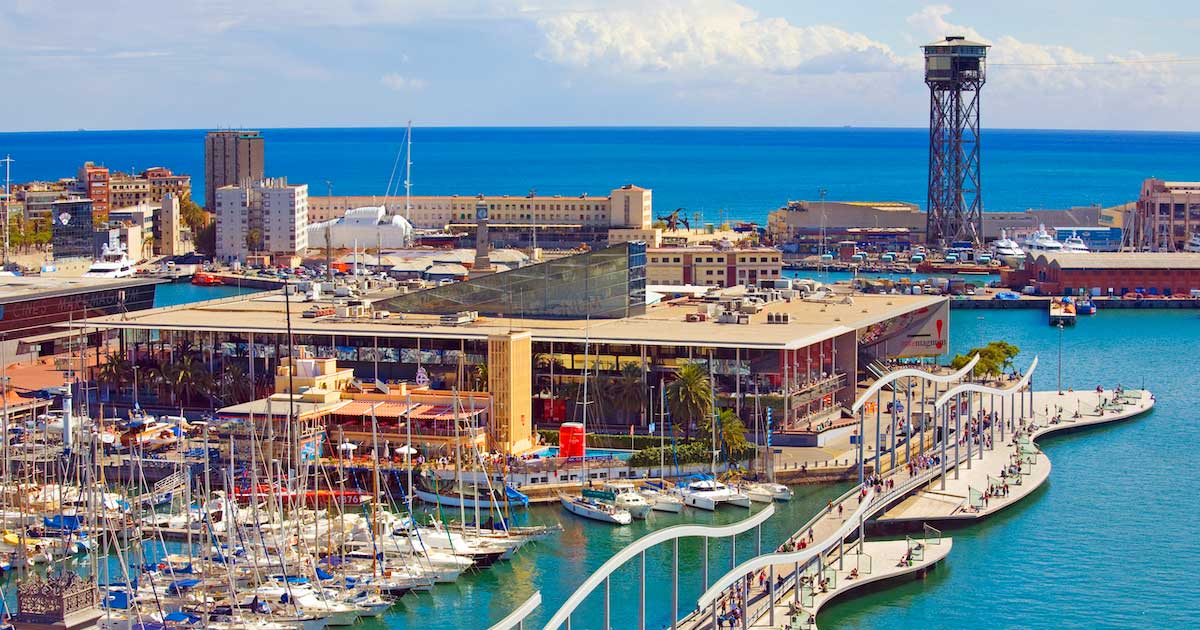Culture is about behavior, Shane Feldman says. Community is about the people.
According to Feldman, corporate culture can be defined as the ways people in an organization behave, driven by shared attitudes and beliefs that inform those behaviors.
“When I was working with the Walt Disney Co., they referred to this simply as, ‘The way we do things around here,’” he says.
The heartbeat of the global business events community. Learn more about IMEX America, Oct. 11-13.
Imagine culture as the nervous system of a company, Feldman says. Community is then the backbone and skeletal system, the foundation without which nothing else can be built.
“Community is about shared meaningful experiences, or what I call ‘+1 Experiences,’” he says. “It’s the difference between putting on the best Bose noise-canceling headphones and listening to your favorite artist alone in your room, versus being in the arena listening to them perform live, surrounded by other fans. Or the difference between reading a novel solo, versus being in an intimate book club.”
Feldman says we crave these +1 Experiences because we’re social animals. We need them to thrive and reach our full capacity.
“Simply put, if we don’t work on building a sense of true community first, corporate culture will never be more than a poster on a wall,” he says.
Community happens by design
Feldman will present a keynote address titled “Leadership Passport: Build Better Relationships and Create Engaged Communities” at this year’s IMEX America. His “leadership passport” is designed to help companies cultivate work environments centered around community. This, in turn, will help enable employees and teams to perform at high levels.
Today, perhaps more than ever before, “community” doesn’t happen by default—it only happens by design, Feldman says.

“When working from a central location was a given, the micro-interactions in the office hallways or over lunch happened more naturally,” he says. “Now, in a largely virtual work environment, those ‘moments between’ don’t exist unless we intentionally create them. What would it look like if five minutes were carved out at the top of your 60-minute Zoom meeting to share one brief highlight from your weekend, or a small win from yesterday? When we get swept up in efficiencies, productivity suffers, as does retention. As a leader, if you want to increase engagement and team performance, you could begin by reimagining your role as a community builder within your organization.”
Creating connections
Feldman has vast experience working as a community builder. He started a small project called COUNT ME IN while he was in high school. The project’s aim was to help students connect with their communities by getting involved in local internships and volunteer opportunities that matched their interests and skills.
“Back in 2008, I thought it was only ever going to be a small project for students at my school, but when you get the attention of people like Oprah and Barack Obama, things tend to escalate a little bit,” Feldman says. “Over my more than a decade tenure at COUNT ME IN, the organization evolved into a social entrepreneurship incubator with a mission to inspire the next generation of community-minded leaders. The organization grew into a community of more than 10 million young changemakers across 104 countries. I’ll forever be grateful for the 13 years I spent scaling and leading that company.”
“Simply put, if we don’t work on building a sense of true community first, corporate culture will never be more than a poster on a wall.”
The pandemic has increased the collective understanding of how important community really is, particularly in the world of business.
“What I’ve learned from working with some of the most dynamic companies in the world, from Google and Microsoft to Disney and Mercedes, is that community building really is the key differentiator,” Feldman says. “You can have the best tech, the best product, the best formula, but if you don’t have people who feel connected to each other and a larger purpose, retention falters and companies crumble.”
Community = people
Customer loyalty and employee retention are byproducts of community building, he says.
“At the end of the day, a company is all about people coming together with other people to serve other people,” Feldman says. “Business should be a celebration of humanity, but instead we quickly get lost in the efficiencies and numbers. Anecdotally, I can tell you that the demand for my customized community building keynotes has increased substantially in the last year.”
Feldman says that leadership teams and C-suite personnel are seeing more clearly how critical community building is as we continue defining the future of work.
“My greatest passion is helping leaders build better relationships and create engaged communities,” he says. “That passion has only amplified coming out of this challenging time as we all realize just how important (and fragile) our relationships really are, especially as many people have a challenging time connecting despite differing cultural backgrounds, beliefs or political ideologies. In many ways, our world feels more fractured than ever before, but there are small actions we can choose to take every day to build bridges and close gaps.”
Feldman’s session at IMEX America will help attendees learn about those small actions.



.jpg?sfvrsn=96553155_1)



